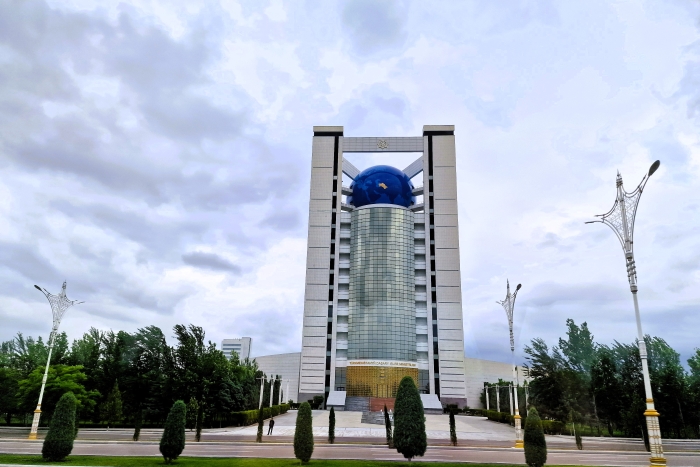President of Turkmenistan Serdar Berdimuhamedov has approved the work plan of the Ministry of Foreign Affairs for 2025.
The document was presented by Deputy Prime Minister, foreign minister Rashid Meredov at a Cabinet meeting on Friday, 10 January.
The work plan includes 10 chapters. In particular, the chapter “Organizational issues” defines the measures that will be implemented by the diplomatic service in the context of preparations for the 34th anniversary of independence and the 30th anniversary of the neutrality, the International Year of Peace and Trust and the implementation of documents adopted by the President of Turkmenistan.
It also envisages the preparation of the country’s priority positions and proposals, which will be announced at various international platforms, including at the upcoming 80th session of the United Nations General Assembly. At the same time, steps have been outlined to implement the resolutions adopted by the UN General Assembly at the initiative of Turkmenistan in 2024.
The Work Plan also reflects the key areas of activity of Turkmenistan’s diplomatic missions and consular offices abroad.
The chapter “Foreign policy cooperation of Turkmenistan” focuses on building up partnership with Europe, the Middle and Middle East, Africa, the Asia-Pacific region and America. In this regard, it is planned to organize bilateral visits, political consultations and meetings, as well as other events in various areas of cooperation.
In addition, the Work Plan includes such areas as partnership with international organizations, foreign policy news and digital diplomacy. The chapter “International economic cooperation” covers activities of joint intergovernmental commissions, as well as cooperation with government agencies of foreign countries, companies and banks, international economic and financial institutions aimed at increasing the investment attractiveness of Turkmenistan.
The chapter “Legal issues” is devoted to the development of bilateral and multilateral documents.
The work plan also includes chapters on consular activities, protocol procedures, and the effective utilization of information and communication technologies.

